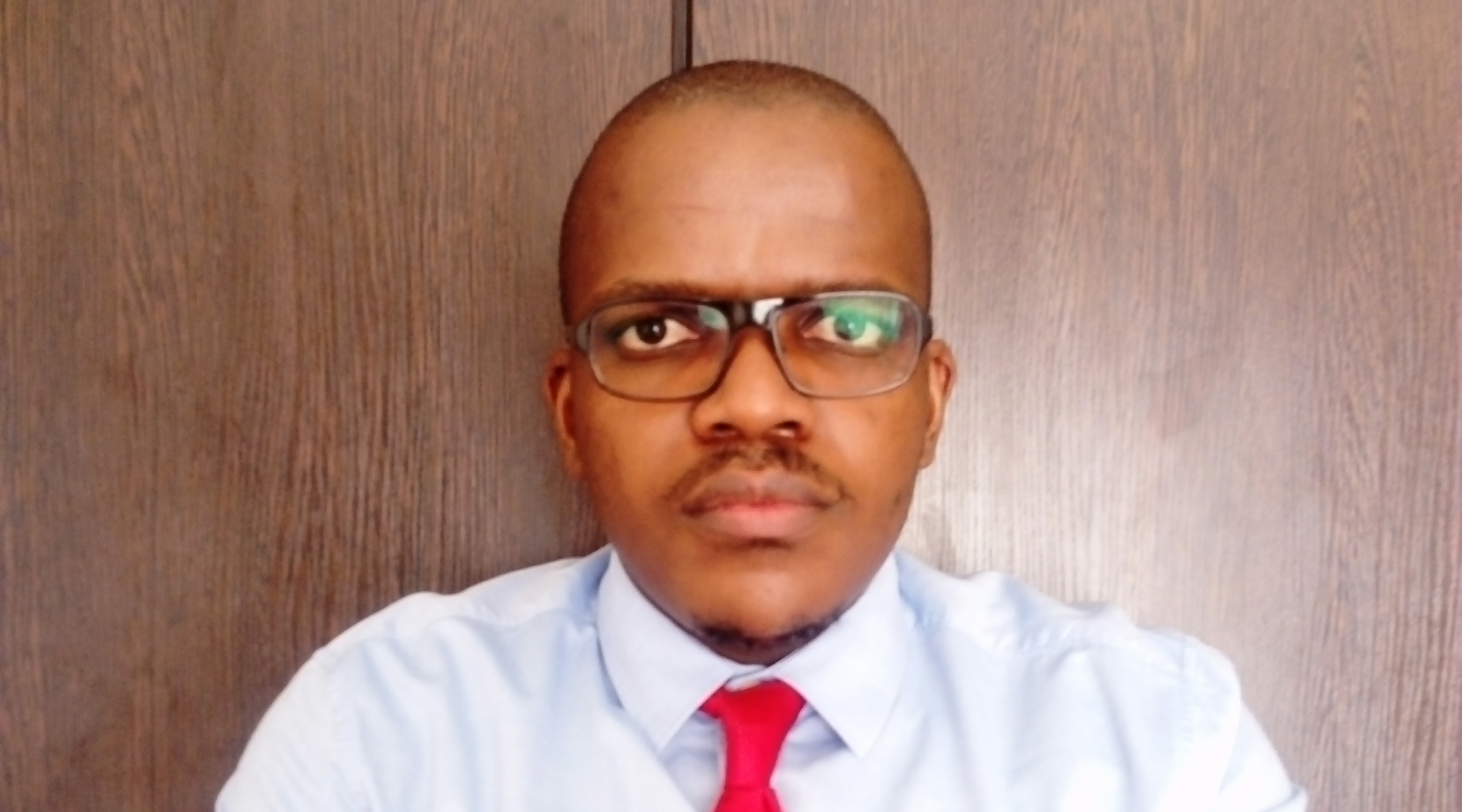Good business is about purpose, collaboration, transparency and good data, CFOs hear.
In a session sponsored by FCM Travel a Finance Indaba Conversations on the new principles of good business kicked off with a presentation on business and environmental sustainability by Raylene Pienaar, the company’s head of account management.
Next up was Bothwell Mazarura, CFO at Kumba Iron Ore, who shed some light on what good business means from a mining perspective.
For Bothwell, good business goes beyond compliance and he stressed that values and purpose should be aligned. “Beyond compliance is about making sure our communities where we operate still thrive, even when we’re not around,” he said. “One of the reasons why I’m in mining is that I believe we have to use the resources we have in order to better our lives.
“Last year, when businesses couldn’t operate, it really opened our eyes to how important we were to our communities,” Bothwell explained. “We provide water, and hospitals to these communities and if we couldn’t work, they would be affected, so we applied to government to get permission to continue to operate.”
Employee safety was Kumba’s biggest priority at the time, and they put the necessary protocols in place. “We don’t operate in isolation, so whatever protocols we put into place for our employees, we also put into place for the communities. We are providing vaccination facilities for our employees, their families and the communities,” he explained.
According to Bothwell, collaboration plays an integral part in doing good business. “We had to collaborate with the communities and municipalities around us, including our supply chain, so that our operations were not disrupted. We also collaborated with other countries to understand who was still under lockdown and even collaborated with our competitors, considering that we use the same suppliers, so we had to exchange ideas.”
For Jayne Mammat, ESG lead at PwC, good business requires good data and tracking that data as you go along. “It’s about measurement and KPIs as well as figuring out how to track them and putting a process in place to track them on a monthly basis,” she explained.
EOH’s principles of good business were really put to the test as they had experienced a few bad apples within the organisation. Megan Pydigadu, CFO at EOH said that in order to regain employee trust, the company had to overhaul its culture.
“We were faced with a significant amount of corruption and unlawful payments in the organisation. So in order to rebuild trust, we had to change to win over the hearts of people. Through this process of change, we all agreed that we had to change the culture of the organisation and get buy-in and really showcase what ethical transparent leadership meant,” she explained.
According to Megan, the amount of corruption and unlawful payments could easily exceed R1 billion and was a direct cost of bad business, both on the part of the individuals concerned, and not having the right measures in place as a business.
On its journey of rebuilding its reputation and restoring dignity, EOH collaborated with the Rebuild South Africa initiative, a network of volunteers, NGOs, sponsors and donors who are assisting in rebuilding communities and small businesses who were affected by the recent riots.
“Our company built a chatbot where communities could engage and link up and help each other out to rebuild the country,” she said. “Also, when the Solidarity Fund was introduced, we were responsible for setting up its website and we got it up and running in a week.”
EOH is also passionate about education and supports Belgium Campus iTversity with resources. The company also provides training to youth looking to enter the tech space.
|
In the breakout room “You must communicate that change to the entire business,” she said. “You also have to let go of people who are not aligned with the organisation and its values. Finally, you have to be very specific about your values and culture. Values cannot be aspirational, you have to live them every day,” she explained. Megan also believes that part of doing good business is about creating opportunities for others, so EOH prides itself in saving and creating as many jobs as possible during these very trying times. According to Richard Osborne, technology consultant at Technogym, good business is all about culture, which has changed during the pandemic. It is also about showing compassion towards your employees. “We created a WhatsApp group during the pandemic, where our people could share their experience and concerns with us and for those who had financial difficulties, we gave out food parcels,” he said. For Bonnie Smith, general manager at FCM Travel, the Covid-19 pandemic highlighted two things, mental health and environment awareness. “As a travel company, Covid-19 taught us that you can look after people’s mental well-being even while you’re working remotely. It also made us even more conscious of the impact we make on the environment and how we can help other businesses improve their carbon footprint,” she said. |











